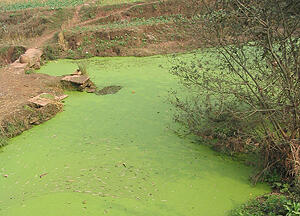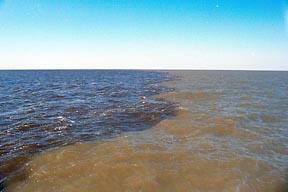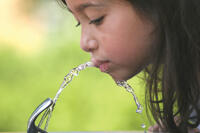Hi Ian,
This is a good question. Although we have easy access to freshwater in most of the US, water is still a very important and very valuable resource. We should use it wisely, and manage it very carefully.
Many freshwater lakes, streams, and ponds are polluted. The causes of pollution depend on many different factors. These factors vary in different parts of the world.




 Biodiversity
Biodiversity
 Brain
Brain
 Genetics
Genetics
 Marine BiOLogy
Marine BiOLogy
 MicrobiOLogy
MicrobiOLogy
 PaleontOLogy
PaleontOLogy
 ZoOLogy
ZoOLogy
 AnthropOLogy
AnthropOLogy
 ArchaeOLogy
ArchaeOLogy
 Astronomy
Astronomy
 Climate Change
Climate Change
 Earth
Earth
 Physics
Physics
 Water
Water





